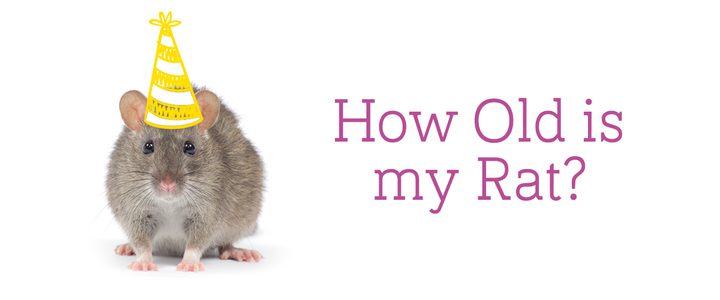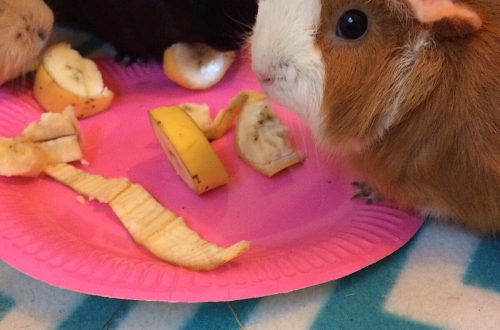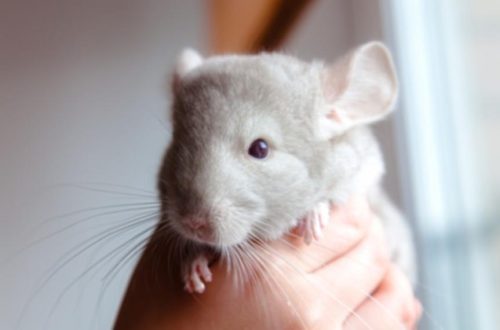
How to determine the age of a rat, how quickly and to what age decorative rodents grow
For those who keep rats, it is important to know everything about them.
Contents
How many years do rats live
The life expectancy of a decorative rat is small – an average of 21,6 months. Rare individuals live up to 3 years. Animals that have survived their 4th birthday are real centenarians.
Some rat breeders claim that their pet lived to be 5 or more years old. Believe it or not, no one can answer for sure, since there are no recorded data on such a life expectancy for these rodents today.
The age of a rat in human terms
Today it is customary to “project” the age of animals onto the human, comparing them. This diagram is very approximate, but it can be useful for pet owners.
Animals grow extremely fast during childhood. At the age of 6 weeks (one and a half months), the animals become sexually mature. In humans, this is observed by 12,5 years. In both cases, the fertilization of adolescents who have not yet fully formed is highly undesirable.
It is very harmful to parents who are not ready for childbearing. The offspring will not have full health.
At 5-6 months the animal matures. It is ready to reproduce its own kind without harm to health, by human standards, this is the age of 18 years.
From this moment, you can calculate the age of the rat, equating it to the human. To do this, use the formula: it is enough to multiply the months lived by the rat by 2,5. The result is a figure showing the approximate corresponding human age.
A one-year-old animal “humanly” will be 30 years old (12 * 2,5 = 30). According to the formula, it is calculated that the age of a year and a half corresponds to 45 years, a two-year-old – 60, a three-year-old – 90, and a four-year-old – 120.
Important! Menopause in rats occurs at 15-18 months, which corresponds to 48-55 human years. Having lived up to this period, the female is rarely able to bear offspring.
How fast do rats grow
The most active period of growth of animals is from birth to six months. Further, the process becomes less noticeable, but it cannot be said that it completely stops. The animal becomes fully formed at 11-12 months.
The development and growth of rat pups is simply rapid. Here the count is for days.
| Age in days | Growing up process |
| 3-4 | Ears open |
| 8-10 | Teeth start to erupt |
| 14 | Females have visible nipples |
| 14-17 | eyes open |
| 16 | Fully covered with fur |
| 19-40 | Root teeth cut through |
| 21 | Leave the nest and eat from the feeder |
| 25-28 | Separation of the young from the mother |
How to determine the age of a young rat
If you don’t know how old your pet is, you can find out by weighing it. Although there may be inaccuracies here, since the heredity of the animal, the conditions of its maintenance and the level of health and gender play a role. To determine how old a rat is, a weight-by-age table will help.
| Age in months | Female weight in grams | Male weight in grams |
| 2 | 150-200 | 160-220 |
| 3 | 210-250 | 250-310 |
| 4 | 250-290 | 350-410 |
| 5 | 290-340 | 450-490 |
In the period from six months to a year, compared with other parameters, the tail of a rodent grows especially actively. Determining his age in the period from 6 to 12 months, you can take this into service.
In most ornamental rats in adulthood, the tail is equal to or slightly longer than the body. The ratio depends on the type of animal. Therefore, if the tail of the animal is shorter than the body, then it is not yet a year old.
How to distinguish an old individual
After six months, the weight of the rodent practically does not change. And when buying a pet, it is important to be sure that the seller did not slip the old animal.
To do this, pay attention to the state:
| Evidence | In a young individual | In an elderly person |
| Wool | Shiny, smooth and even | Sparse, dull, protruding in places |
| layer of fat | Distributed evenly throughout the body | Absent on back, spine prominently protruding |
| Tail skin | Uniform coated | Rough, rough, with many exfoliating keratinized particles |
| Teeth | Fine | The incisors are much longer than in young ones; their back is ground off – they take the form of a chisel |
The behavior of old animals is also different: they sleep more, move less, huddle in warmth.
Determination of the age of the domestic rat
3.2 (63.33%) 66 votes





